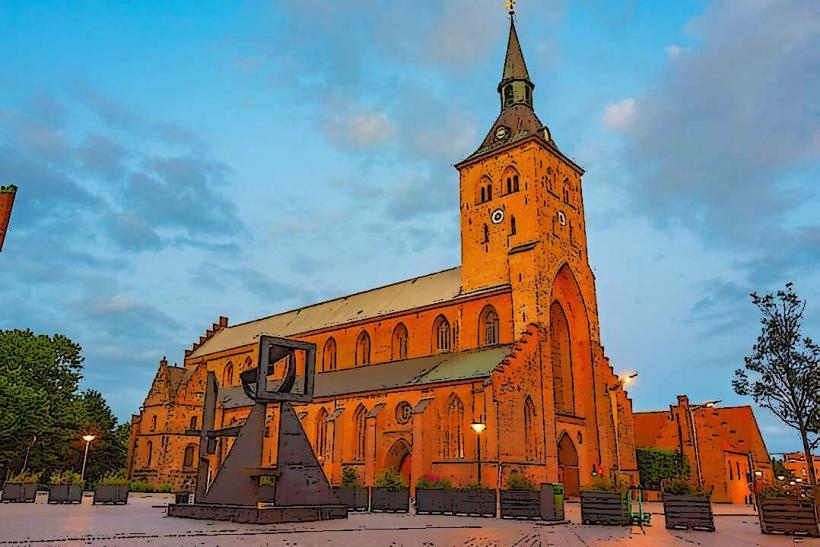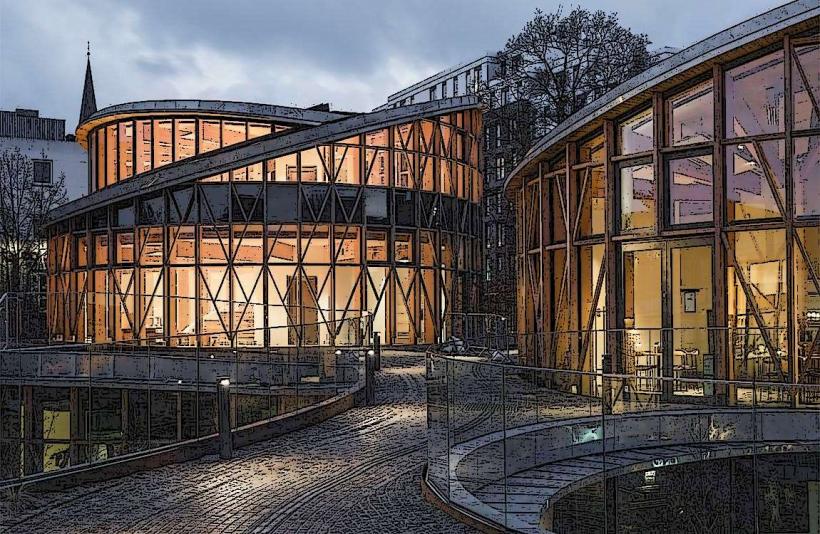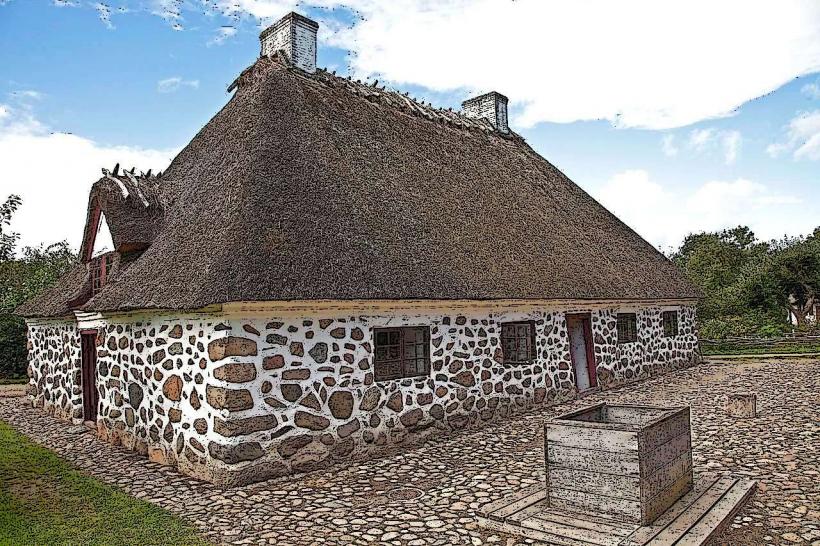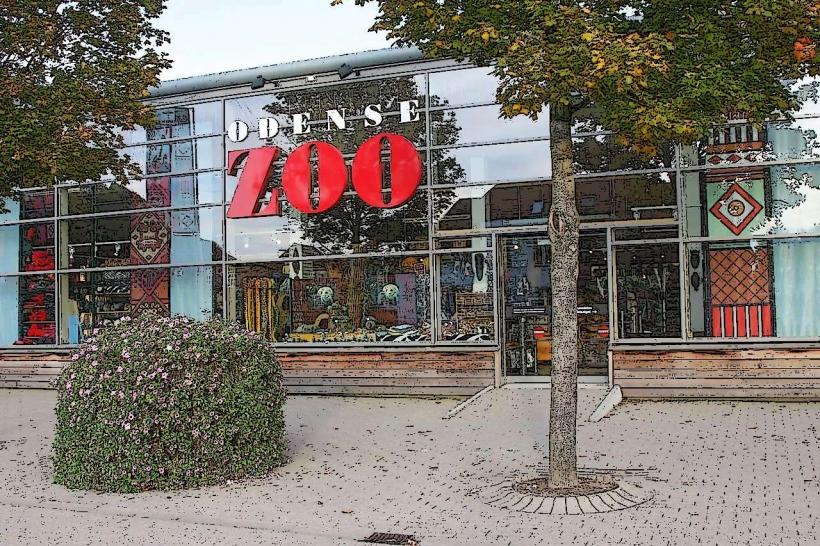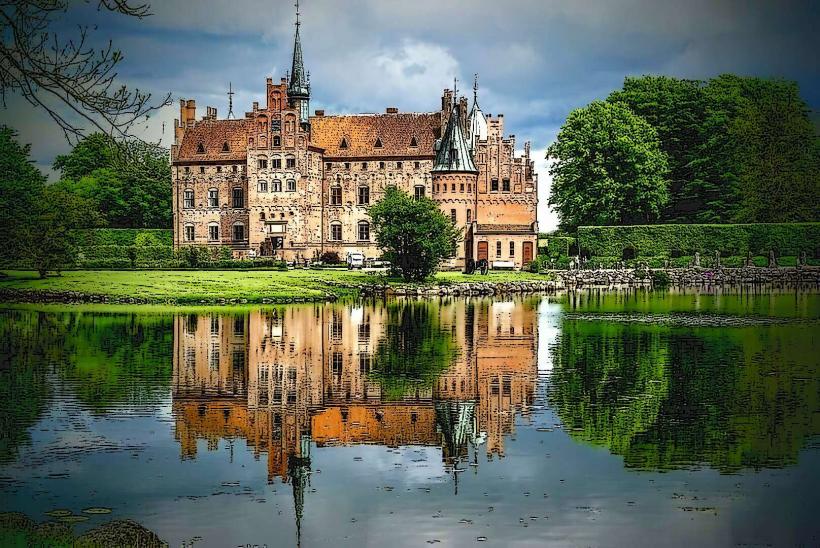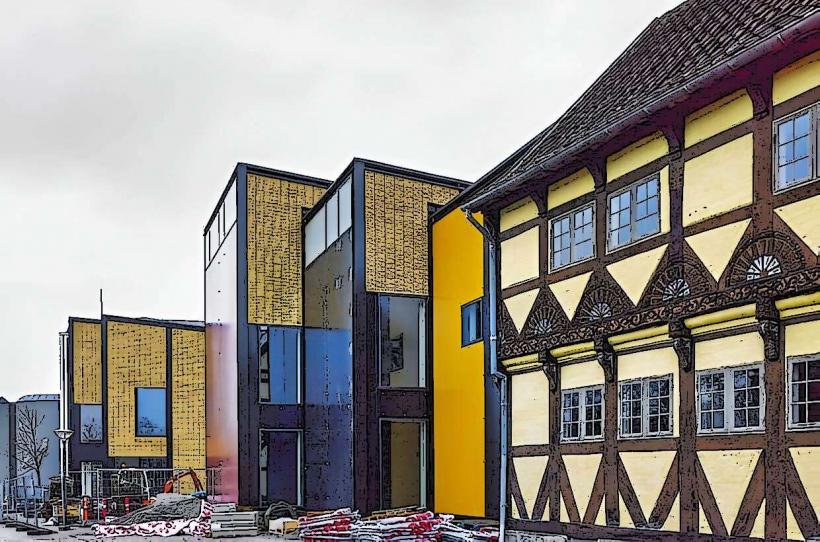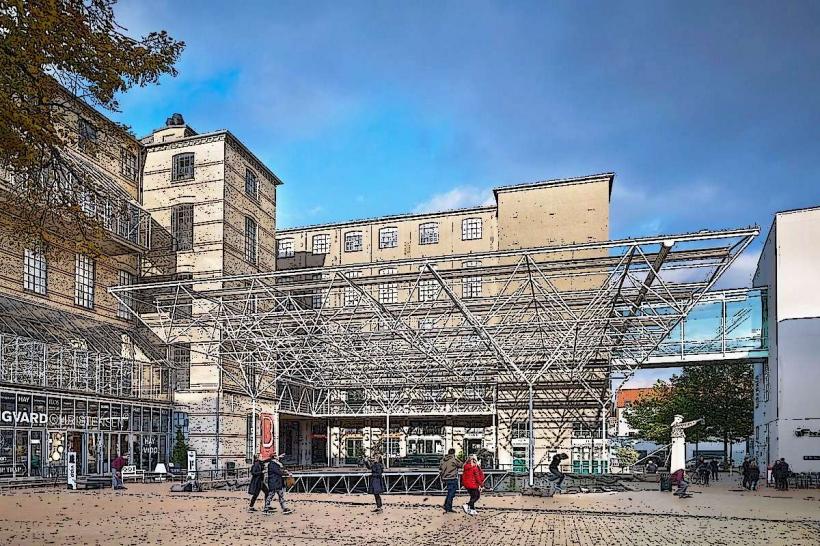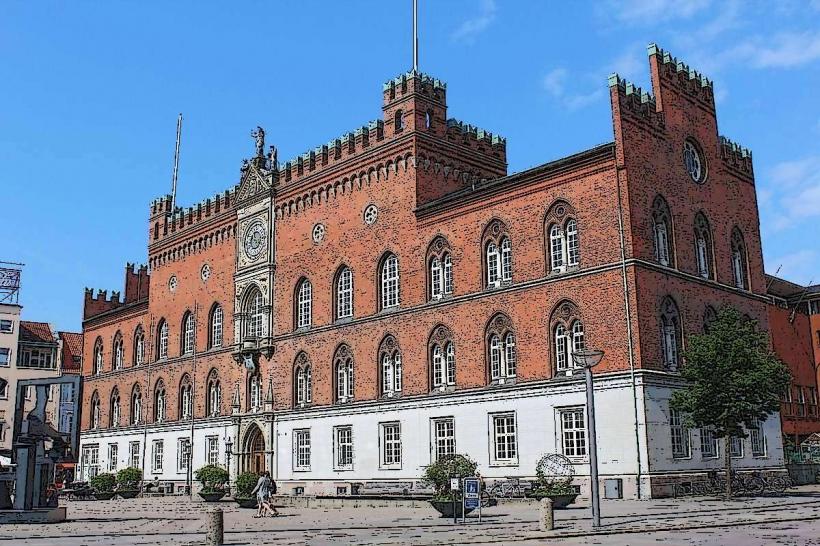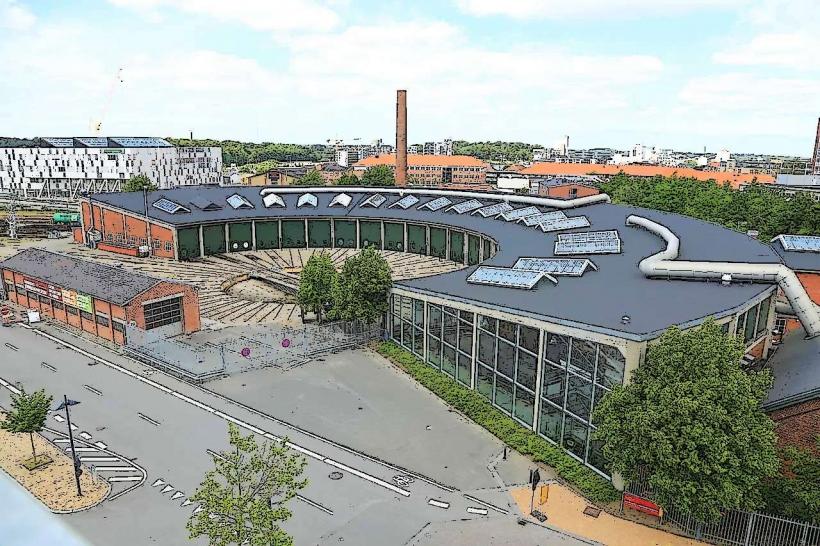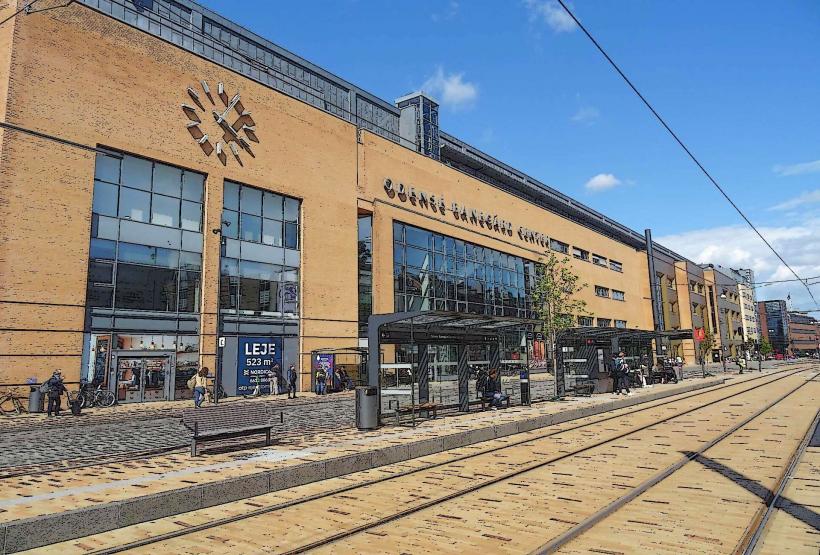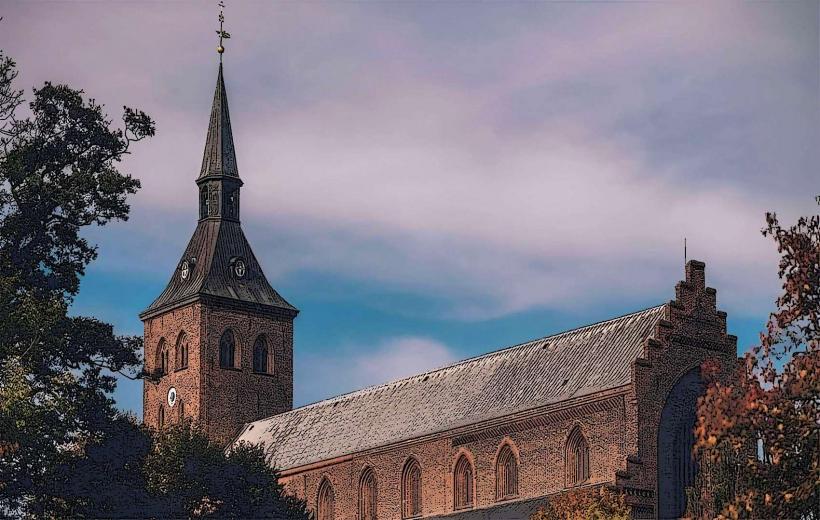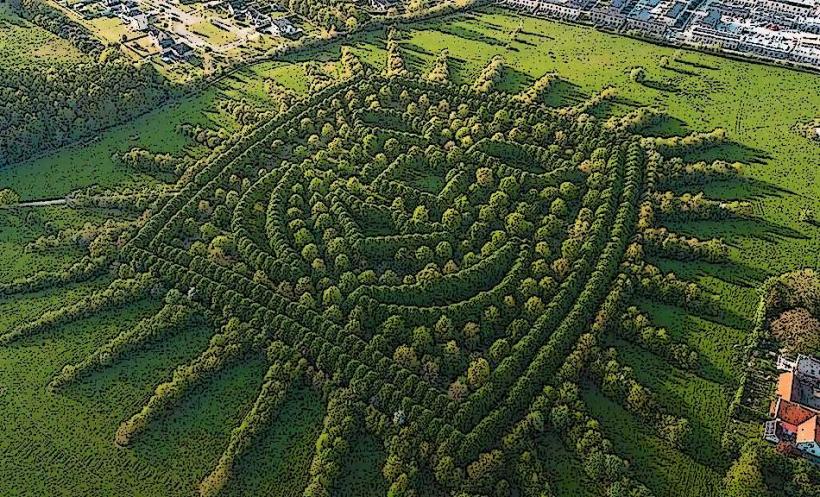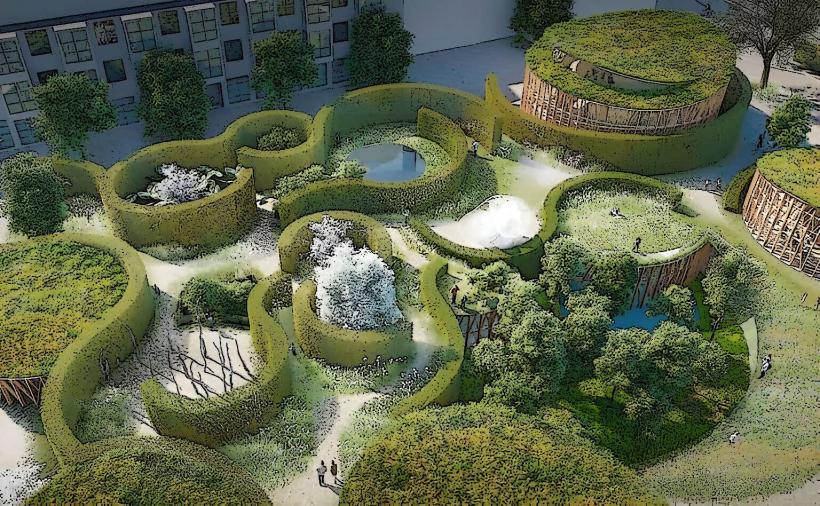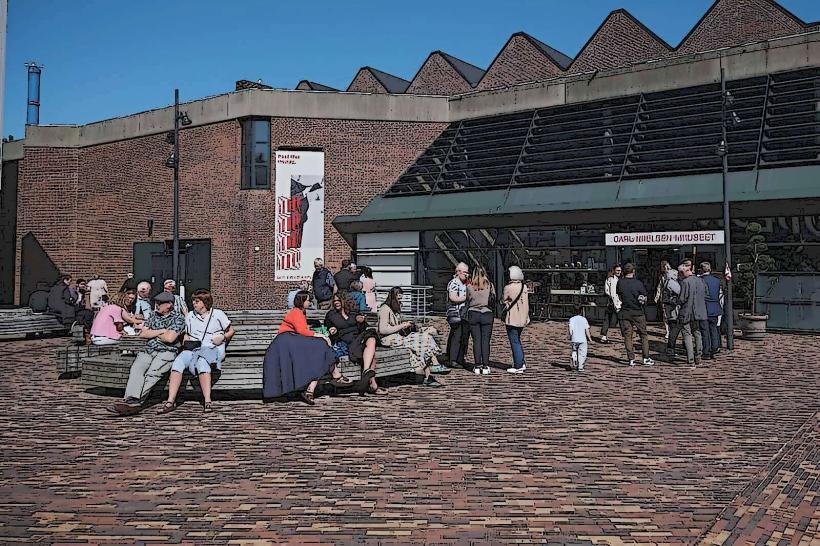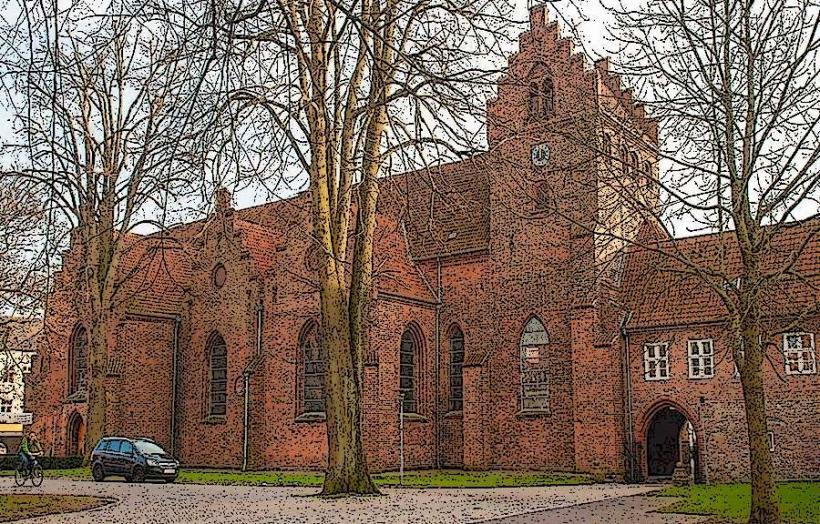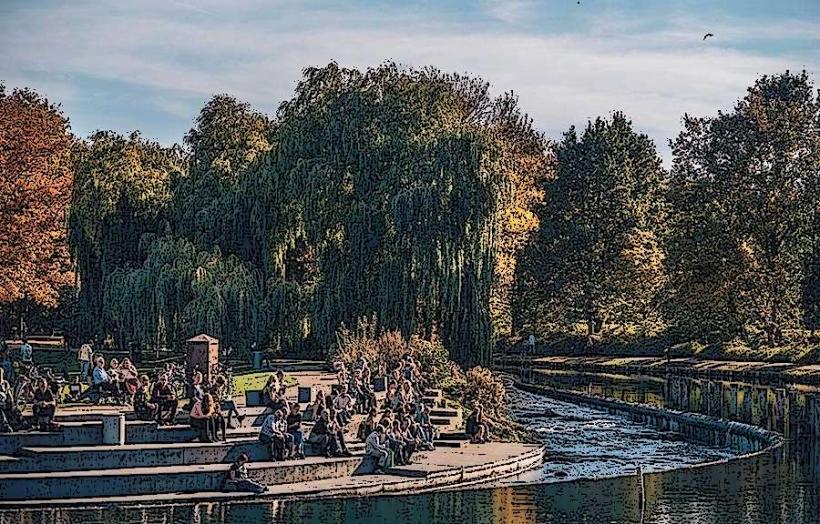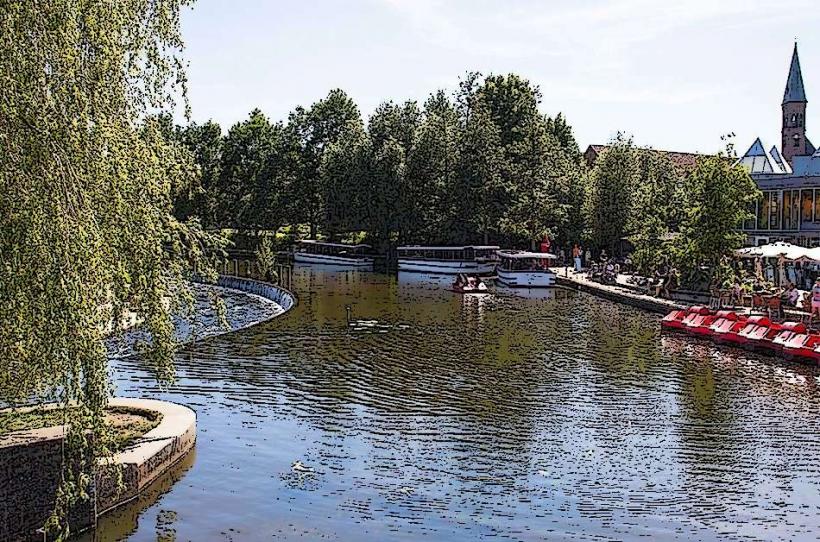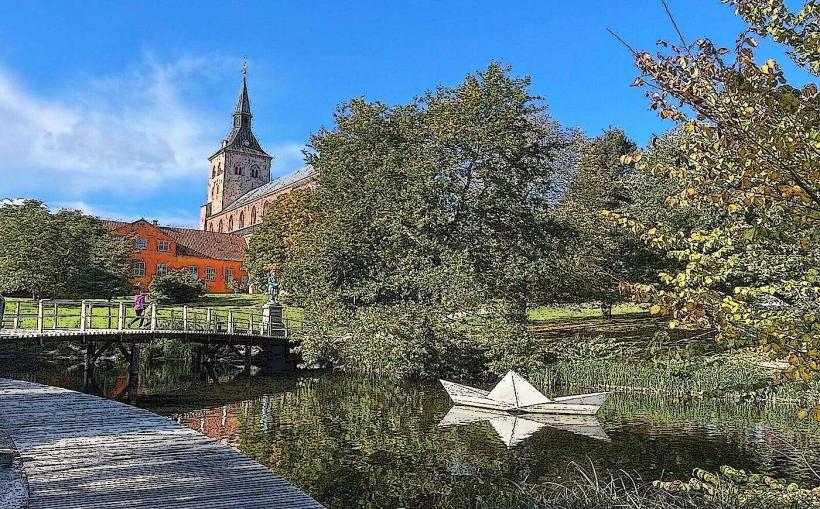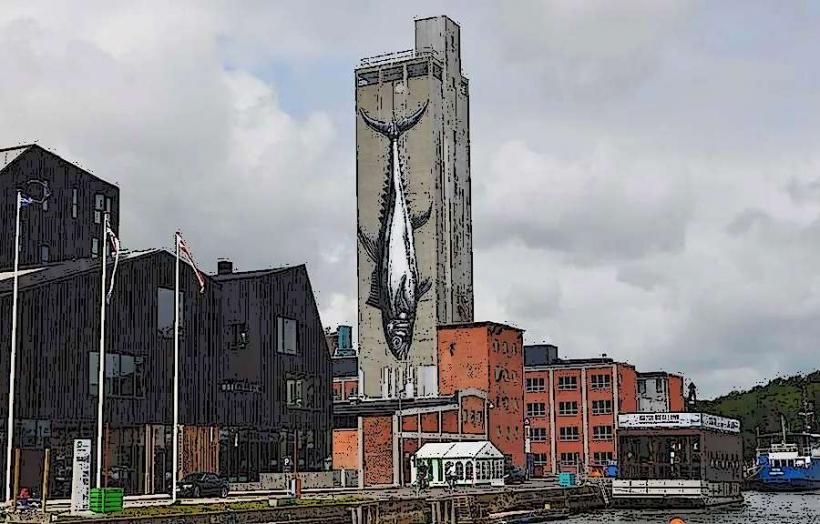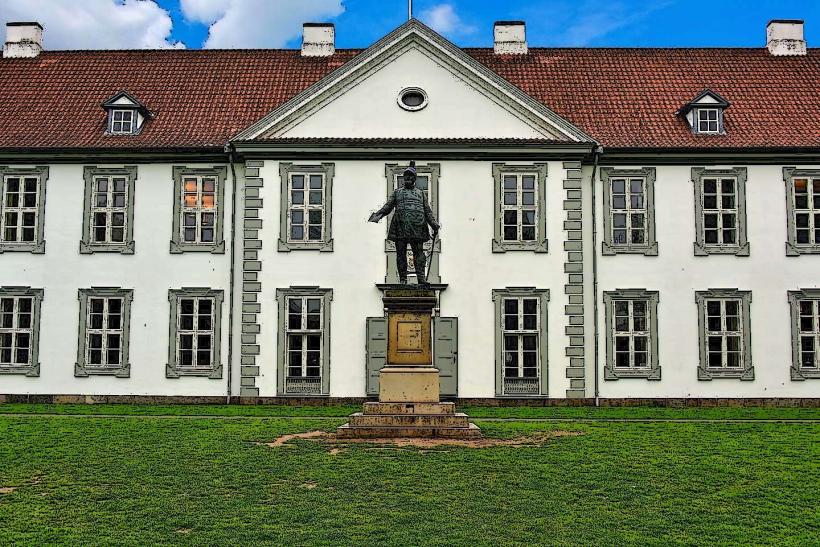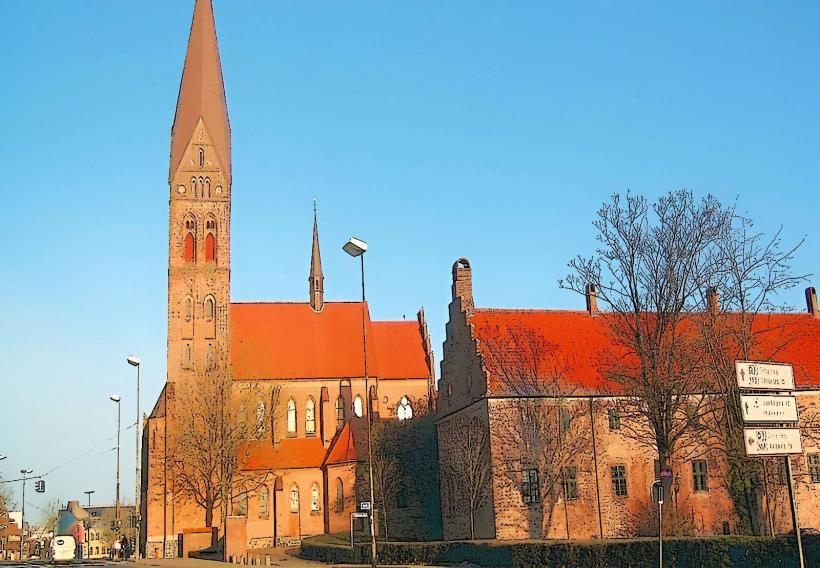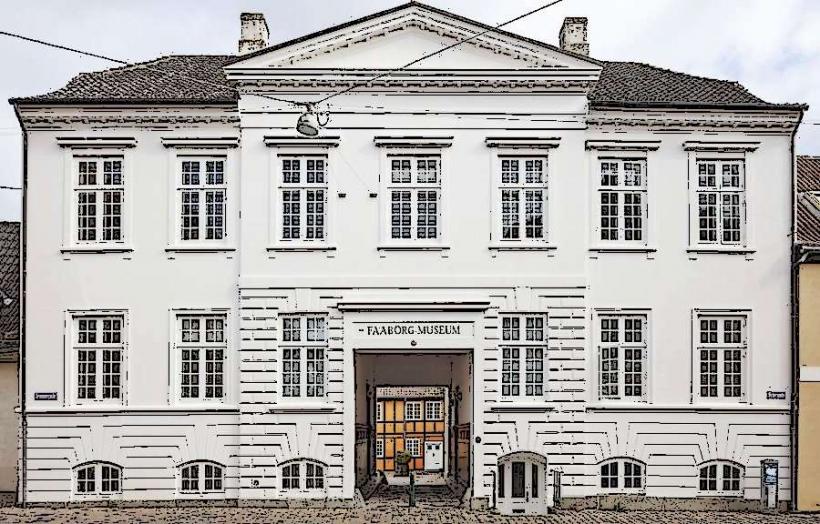Information
Landmark: Den Fynske LandsbyCity: Odense
Country: Denmark
Continent: Europe
Den Fynske Landsby (The Funen Village) is an open-air museum located in Odense, Denmark. It offers visitors a fascinating glimpse into the life and culture of rural Denmark during the 19th century, particularly in the Funen region. The museum presents a collection of historic buildings, farmsteads, and tools, bringing the traditional Danish countryside to life while also reflecting on the region’s agricultural heritage and rural way of life.
Overview and History:
Establishment: Den Fynske Landsby was opened in open-air museum in 1994, with the goal of preserving the region's traditional way of life. The museum is designed to represent a typical Funen village as it would have appeared during the 1800s.
Location: The museum is located just a few kilometers from the center of Odense, set within a beautiful natural landscape. The site includes old-fashioned buildings, gardens, and farm areas, as well as fields that recreate the agricultural environment of the past.
Purpose: Den Fynske Landsby serves as a living history museum, providing an immersive experience where visitors can learn about historical agriculture, traditional crafts, and the daily life of people living in rural Funen during the 1800s. It also acts as a preservation project for old rural Danish buildings and customs.
Key Features of Den Fynske Landsby:
Historic Buildings:
- The museum consists of several authentic, traditional buildings that have been carefully moved and restored to represent rural life in Funen during the 19th century. These buildings include:
- Farmhouses with thatched roofs, showing the traditional style of housing.
- Barns, workshops, and outbuildings that were used for agricultural purposes.
- Cottages, representing the homes of poorer rural families.
- The buildings are furnished with period-appropriate items, and each structure offers insights into the types of work and living conditions people experienced during that time.
Farming and Agriculture:
- A significant part of the museum is dedicated to traditional farming methods, with several areas demonstrating how agriculture was conducted in the past. Visitors can observe:
- Animal husbandry, with farm animals such as chickens, pigs, and cows, similar to what would have been found on a 19th-century farm.
- Crop cultivation, with demonstrations of old farming techniques using historical tools.
- Ploughing, harvesting, and other seasonal agricultural activities, providing a vivid understanding of how rural communities lived off the land.
- The museum often hosts workshops and events where visitors can participate in activities like planting crops, shearing sheep, or learning how to use traditional farming tools.
Crafts and Workshops:
- Den Fynske Landsby highlights traditional crafts and handicrafts, including blacksmithing, weaving, spinning, and pottery. Visitors can watch artisans demonstrate how these crafts were practiced in the past, and in some cases, try their hand at these skills.
- The museum offers insight into the self-sufficiency of rural communities, where people made much of their own tools, clothing, and household goods using locally available materials.
Gardens and Landscaping:
- The museum features a variety of gardens, representing how people would have grown their own food, flowers, and herbs during the 1800s. These include:
- Vegetable gardens, showcasing traditional crops like potatoes, carrots, and cabbage.
- Herb gardens, where medicinal and culinary herbs were grown for everyday use.
- Flower gardens, adding beauty to the village and reflecting the aesthetic preferences of rural life.
- The garden areas are designed to not only provide a glimpse into the past but also teach visitors about sustainable gardening practices.
Seasonal Activities and Events:
- Throughout the year, Den Fynske Landsby hosts a variety of seasonal events, workshops, and festivals. These activities offer hands-on experiences related to traditional farming, local customs, and crafts.
- Harvest festivals, Christmas markets, and traditional Easter events are among the popular activities that bring history to life for visitors.
- The museum also celebrates Denmark’s traditional Midsummer festivals with activities and performances that reflect rural culture and celebrations.
Interactive Experiences:
- The museum encourages interactive learning by allowing visitors to engage with the historical environment. Visitors can walk through the village, enter the buildings, interact with the displays, and talk to costumed staff members who act as historical figures, offering insights into rural life.
- The museum's educational approach makes it a great destination for families, as children can participate in a range of activities designed to engage them in history, such as cooking over an open fire or helping with farm chores.
Traditional Danish Cuisine:
- The museum also features traditional Danish cooking in a historic setting. Visitors can experience how food was prepared and served in the 19th century, with recipes passed down through generations. During certain times of the year, the museum may offer dinner events, where guests can enjoy a meal prepared in the style of the olden days.
Guided Tours:
- Den Fynske Landsby offers guided tours of the village, providing in-depth information about the history of the buildings, the agricultural practices, and the people who lived there. The guides often share personal stories and anecdotes that bring the village’s history to life, offering a richer understanding of rural Danish culture.
Visitor Experience:
Educational and Family-Friendly:
- Den Fynske Landsby is an excellent destination for families, school groups, and anyone interested in learning about Denmark’s rural history. Its immersive exhibits make it a great educational experience, especially for younger visitors who can experience life in the past in a hands-on way.
Atmosphere:
- The village's peaceful, countryside setting offers a calming and picturesque environment. Visitors can stroll through the streets, visit the farm animals, and admire the beautiful rural landscapes surrounding the museum. The tranquil atmosphere makes it an ideal place for relaxation as well as education.
Accessibility:
- The museum is located a short distance from Odense's city center and is easily accessible by car, bus, or bicycle. It offers wheelchair accessibility and is designed to be comfortable for all visitors.
Opening Hours and Admission:
- Den Fynske Landsby is open year-round, though hours may vary depending on the season and special events. Admission is typically affordable, with discounts for children, students, and seniors. The museum often offers free or discounted admission for special events or during certain times of the year.
Conclusion:
Den Fynske Landsby offers a captivating journey back in time, providing an authentic and educational experience of Denmark's rural life in the 19th century. Whether you're interested in traditional farming, local crafts, or simply want to immerse yourself in the history of Funen, the museum provides a wealth of knowledge in an interactive and engaging way. With its charming village atmosphere, hands-on activities, and educational programs, Den Fynske Landsby is a must-visit destination for anyone wanting to explore Denmark’s cultural heritage and rural traditions.

